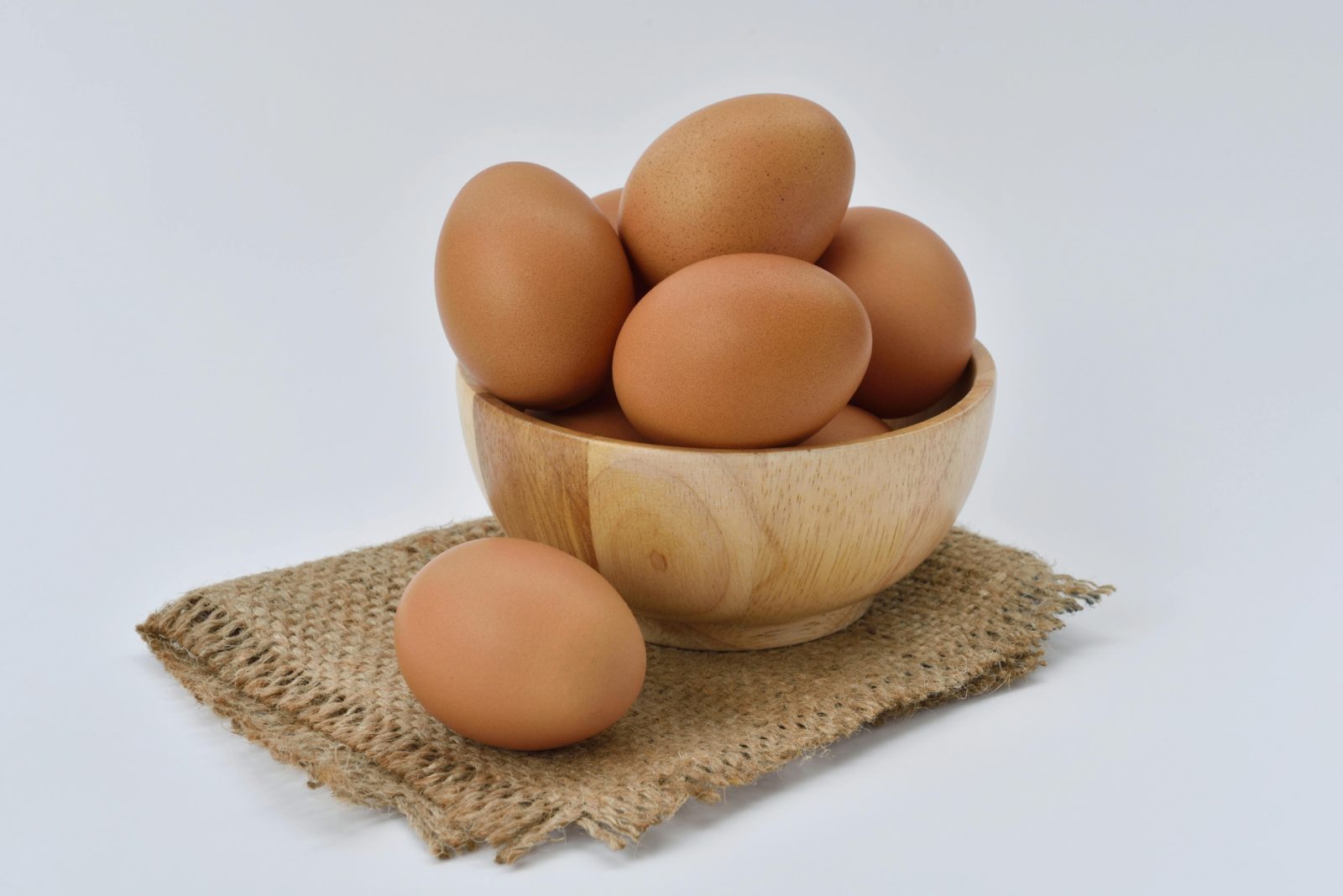Supermarkets in the Czech Republic continue to sell eggs from caged hens, and if you’re buying eggs on sale, there’s a good chance they come from these often-criticized cage farms. However, this practice is set to end by law in three years. Among the major domestic chains, only Billa has stopped selling caged eggs this year. But other supermarkets are planning to follow suit next year.
Despite a surge in demand for eggs during the Easter season, Billa has kept its commitment, according to Dana Bratánková, a shop spokesperson. Their offer includes chicken eggs, quail eggs, and boiled white and colored eggs for the holidays. Meanwhile, online supermarkets Rohlík and Košík do not offer cage eggs, but other major brick-and-mortar chains still do.
“The complete abolition of the sale of caged eggs will take place no later than the end of 2025,” says Eliška Froschová Stehlíková, a spokesperson for Lidl. Kaufland and Tesco also have the same deadline. The latter is working with suppliers to make the transition even sooner, ideally. Penny stores had promised to stop taking cage eggs into action as early as 2023, but they now claim they cannot do without them in certain price categories during Christmas and Easter.
Despite the Czech Republic’s persistent calls for a ban on cage farms across the European Union, Agriculture Minister Marek Výborný admitted at the turn of the year that a common EU approach to this issue is rather out of sight. Eggs on sale have significantly cheapened compared to last Easter. According to Dlouhá, large chains offer Czech production below cost.
“Even so, more Czech eggs could be sold this year than in previous years. Domestic poultry farmers are starting to breed hen breeds that lay eggs with a white shell. There is the highest demand for such eggs during Easter. However, they have mainly come from abroad so far.






